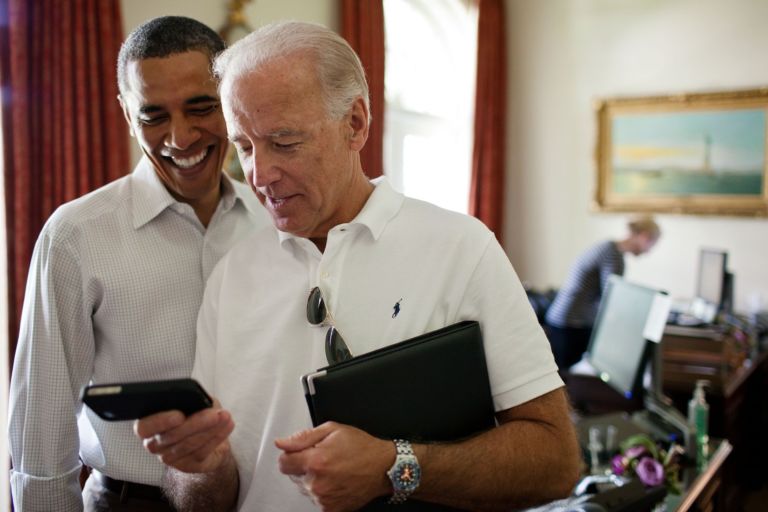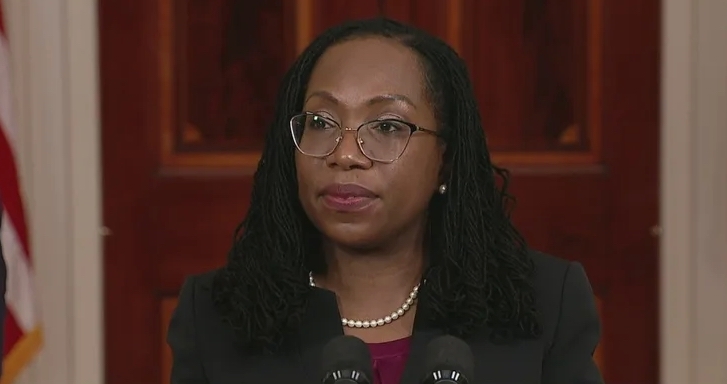Editors at the Washington Examiner ponder the impact of Elon Musk’s takeover of Twitter.
Former President Barack Obama gave a detailed vision in his speech last Thursday of what direction he wants social media to go. And on Monday, billionaire businessman Elon Musk took Twitter in the opposite direction.
Musk’s willingness to invest his own money in preserving the future of free speech in the United States couldn’t come at a better time.
On a superficial level, Obama’s speech hit all the sensible notes about social media in a modern democracy. He said nice things about the First Amendment, proclaiming himself to be “pretty close to a First Amendment absolutist.” He said he didn’t “have a lot of confidence that any single individual or organization, private or public, should be charged or do a good job at determining who gets to hear what.” And he even correctly identified why social media has made the world more polarized, noting that our ability to “occupy entirely different media realities” allows us to “select facts and opinions that reinforce our preexisting worldviews and filter out those that don’t.”
That all sounds pretty fair and evenhanded. But when read more closely, the speech shows that Obama is unable to recognize his own prejudices.
All of the examples of misinformation Obama identified in his speech — including former President Donald Trump’s claim that the 2020 election was stolen, vaccine skepticism, and 2016 Russian disinformation targeting black voters — all come from his political opponents. Not once in his entire speech did he entertain the possibility that disinformation comes from the Left too.
And of course it does, often with catastrophic effects. He did not mention even once the Steele dossier, filled with lies about Trump that had been secretly paid for by Hillary Clinton’s campaign. He failed to note the disinformation campaign by certain current and former U.S. intelligence officials that the emails on Hunter Biden’s laptop were fakes created by Russia.


